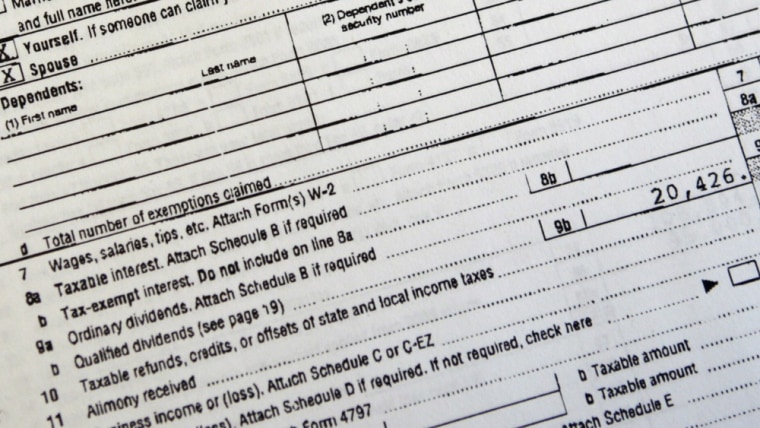It's no secret that the IRS is ramping up the number of audits in an attempt to close the "tax gap." That's the term the IRS is using to account for the difference between the taxes it believes it should have collected and what it actually managed to collect. For 2001 (the last year for which data is available), the tax gap was $350 billion.
While the chances of being chosen for an audit are still generally low, your chances of being selected are on the rise. Don't get caught by surprise. Here's what you need to know in order to be prepared.
The most basic question is what kind of audit the IRS is seeking. Audits can be divided into two general categories: paper audits and people audits.
Paper audits
Paper audits are the most common type of audit: For the fiscal year 2009, about 75 percent were correspondence, or "paper" audits. If the IRS thinks you made a minor mistake, it will send you a notice advising you it has recalculated your tax. The IRS may also ask you to send additional documentation to back up claims you may have made. Generally, this involves simple human error on your part: bad math figuring taxable income or deductions, not properly reporting dividend and interest income, or transposed Social Security numbers that affect personal exemptions.
If you receive a letter from the IRS, don't panic. Open the letter. The worst thing you can do is ignore correspondence from the agency. It makes you look uncooperative and it doesn't make anything go away. Avoiding the correspondence isn't going to make the IRS turn and walk away. In fact, usually just the opposite will happen.
Paper requests or requests for more information rarely lead to full blown audits. Your best bet is to simply respond to the notice and send the requested documentation.
People audits
Sometimes, however, the IRS will conduct an in-person audit at your home or place of business. Audits are rarely random and are generally triggered by something out of the ordinary on your return.
In most cases, the IRS will send you a notice saying it needs you to call and set up an appointment for the agency to come to your home or place of business; in some instances, the IRS may also request that you bring documentation to the IRS. Once the appointment is set, the examination agent handling your case will send you a letter advising you what documents they will need at review. You should be aware that this list is not exhaustive and more information may be requested at the time of audit, or afterward.
If, at any time, you don't understand what the examination agent is asking for, or if you're concerned about the potential consequences, call your tax professional or tax attorney.
Before the audit, you'll want to assemble all the information requested. It's usually a good idea to organize your documents ahead of time. A good approach is to group your documentation by year and type of record (meaning, all your receipts for charity in one folder, etc.). You may also consider having your tax professional put together tables showing total deposits, checks written, etc., which should correspond to entries on your tax return. Being organized ahead of time makes responding to questions much easier.
If you notice that you're missing documents, such as a bank statement or credit card receipt, take the time to find them. If you can't find your statements, call your bank or credit card company and order extra copies. There may be a charge for this — but it's worth it. You can also download statements for bank accounts and third party payers like PayPal online.
If you don't have sufficient time to gather your documents, call ahead of time and request an extension of time to prepare for the audit. Reasonable extensions for cause are generally granted. Use your extension wisely: you don't want to show up at an audit with half of your documentation.
On the day of audit, be prepared for the idea that the audit is going to take time. Don't plan any other meetings or appointments on that day. Shut off the phone. Make yourself available to the examining agent to answer questions, or better yet, make your tax professional available to the agent. While it's true that you might know what to say, you might not know what not to say — sometimes, too much information isn't a good thing. A tax professional will likely be able to handle your in-person audit much better than you can because he or she has done this sort of thing before (hopefully, you haven't).
So, if you get a notice from the IRS about a potential audit, take deep breaths and pick up the phone. You can survive an audit. I did.
